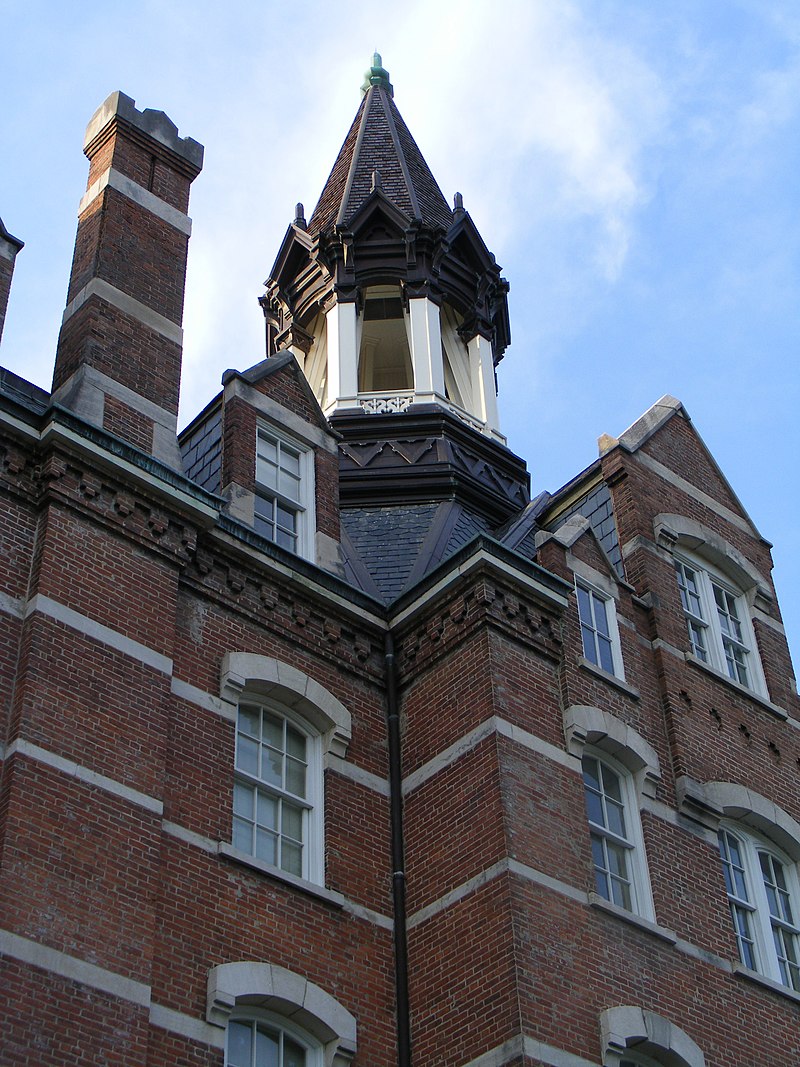
The Dissemination of the African American Spiritual in America and Europe: Jubilee Hall
Jubilee Hall, built with the funds from the Jubilee Singers' performances, is an excellent local example of Gothic Revival architecture and is the oldest academic building on the campus of Fisk University. Construction started in 1873. At its completion in 1876, it was the university's first permanent building. It was added to the National Register of Historic Places in 1971 and designated a National Historic Landmark in 1974, in recognition of the university's place as one of the first Historically Black Colleges and Universities to be established after the American Civil War. It presently serves as an undergraduate residence hall. In 2017 the Tennessee Historical Commission installed a marker honoring the Jubilee Singers, whose 1870s European tour raised funds to pay for the building's construction.
The Jubilee Hall still stands on the Fisk University campus, a tribute to the Jubilee Singers who saved the school.
The folk spiritual, which was "created as an expression of African American culture and religion, was now transferred to the concert stage." Ethnomusicologist Mellonee Burnim goes on to state that:
While the repertoire of these new arrangements was identical to that of the folk spiritual, this change in function-performing before paying transracial audiences-was accompanied by a change in performance practice. The hand clapping, foot stomping, and individual latitude in interpreting the melodic line that had characterized the folk spiritual were replaced by a degree of formality and reserve that distanced this new version from its predecessor. The aesthetic values that characterized George White's own musical identity were now being superimposed on to the Negro spiritual. As Louis Silveri argues, 'Singing spirituals in the field was one thing, singing them to sophisticated audiences [read White] was something else.'
(Maultsby 2015, 62)






